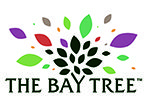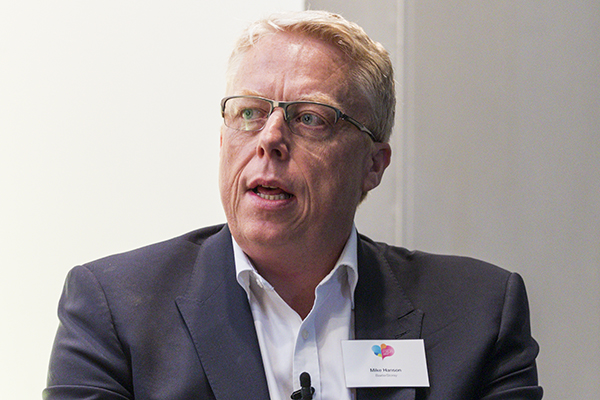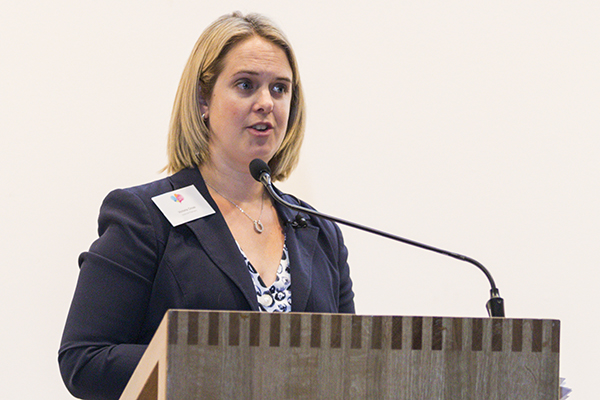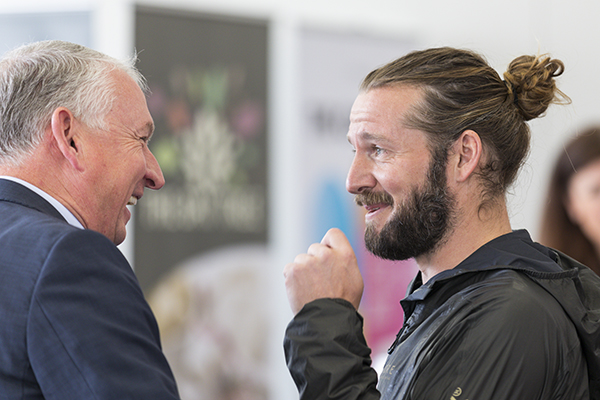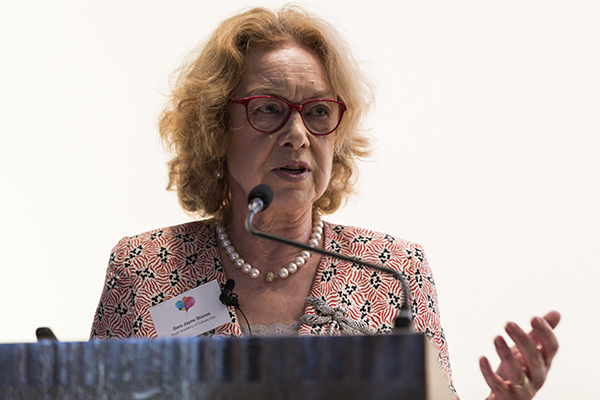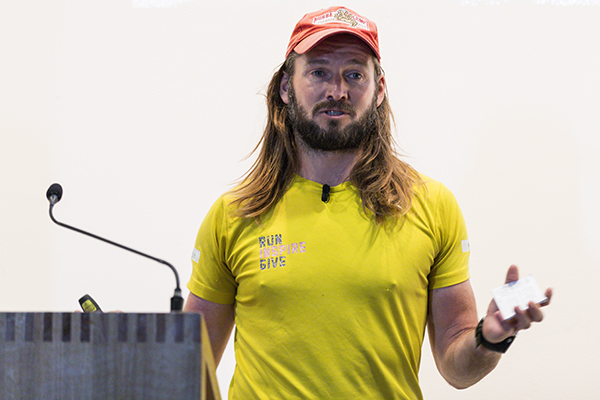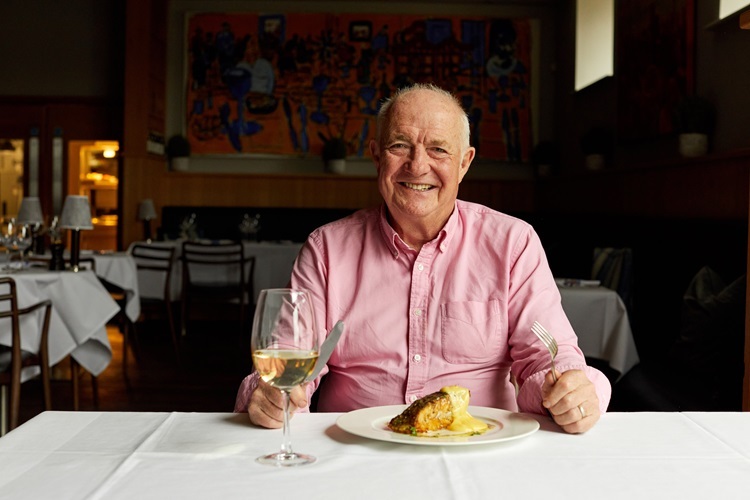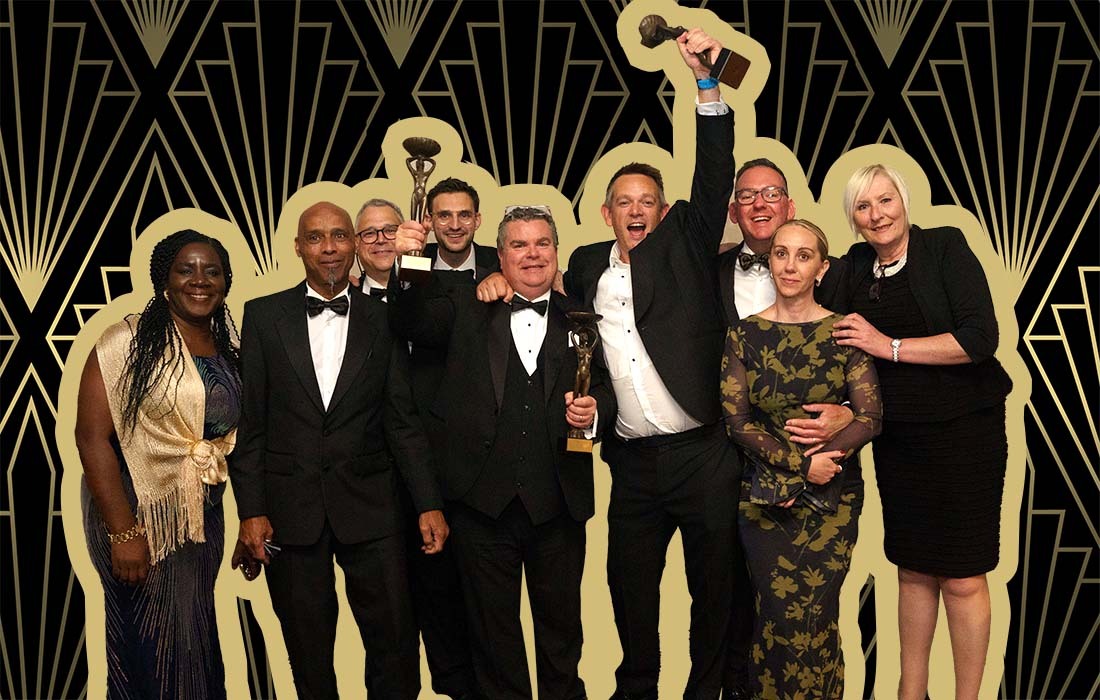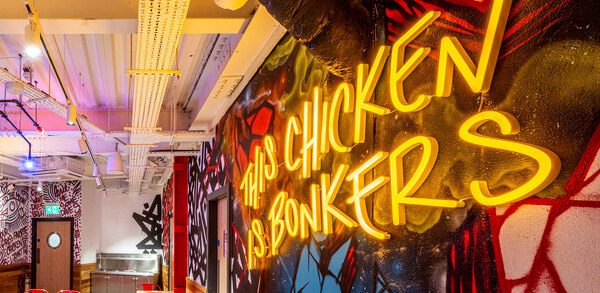Foodservice Forum: the formula for success
Delegates at The Caterer's Foodservice Forum, held in June in association with Cartwheel Recruitment, were given the common attributes of those at the top of their field. Janie Manzoori-Stamford reports on the day's hottest topics
In a world of seven billion people, just a few hundred thousand can be described as successful. But what is it about these relative few that make them a cut above the rest? And can the recipe for success help your business?
According to the The Caterer's Foodservice Forum's opening keynote speaker, Sarah Linton, director of assessment at occupation psychologist and HR consultancy Zircon Management, it comes down to attitude. To find out what constitutes a winner, Zircon spoke to 42 well-known names across business, sports and the media, including Innocent Drinks co-founder Douglas Lamont, celebrity chef Jamie Oliver and Olympic swimmer Mark Foster.
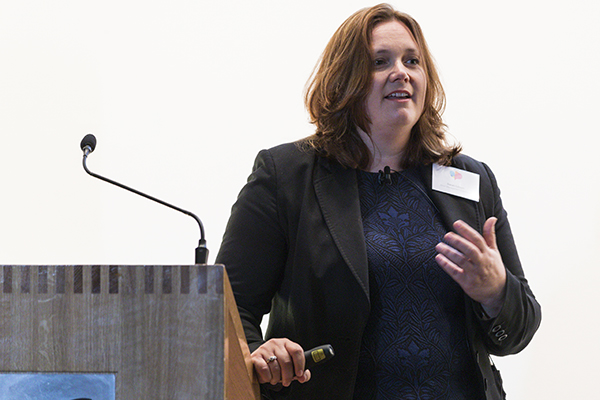
The study identified 10 winning attributes, such as burning ambition or disruptive thoughts (see below) that were prevalent among the interviewees.
"What do these attributes mean for you as an individual? Do you need all 10 to be successful?" asked Linton. "It's useful if you have some, but what you need to do is think about what it means for your business and your staff."
Linton advised an approach that begins with recognising your business's goal and communicating that vision to others. Then look at your talent to identify where the potential is before working out how your team's attributes might operate together most effectively.
"If you focus on people gaps and development areas, they will not perform as well as if you help them thrive through their strengths," said Linton, arguing that this is the difference between effective and high performers.
"For decades, organisations have demanded that their people perform against every capability; that everything is equally important. But is that your reality? Do you need to be good at everything? That just creates vanilla leaders," she said. "If you can create an environment where people want to come to work, are interested in being there and are aligned to the same common purpose, you are much more likely to have a successful organisation."
The problem with protein
Planet earth has a protein problem and caterers can go a long way to supporting the solution, according to a panel of experts at the 2017 Foodservice Forum. The world's population is expected to increase by a staggering 22% between now and 2040 and the question is: how can we feed nine billion people enough protein in a way that is affordable, healthy and good for the environment?
So why is it so important? Bruno Loubet, whose Kingâs Cross restaurant the Grain Store has been lauded for its efforts to make vegetables rather than meat the stars of its dishes, put it simply: âThe production of meat protein strips a lot of strength out of the planet, which is a massive issue. People are eating more and more meat and itâs unsustainable.â
While the issue is vast, Jacqueline Culleton, head of comms and networks at Forum for the Future, shared notes of optimism, particularly around the Protein Challengeâs Future Plates campaign, which looks to increase plant-based protein consumption among consumers.
âWe felt that one of the key ways of doing that was to work with chefs, who are huge influencers and barometers of food culture in the UK,â she explained. âWeâre seeing really high levels of engagement and people who are doing amazing stuff, but who also realise that the wider chef community could do with a bit of inspiration. Thereâs a huge opportunity to work with foodservice restaurants and chefs because thatâs where we can get huge scale.â
Building a reputation
âIt takes 20 years to build a reputation and five minutes to ruin it,â said American business magnate Warren Buffett. And a broken reputation may possibly be repaired, according to English bishop Joseph Hall, âbut the world will always keep their eyes on the spot where the crack wasâ.
These and other pearls of wisdom were shared by Matthew Smallwood, managing partner of capital markets at internal communications consultancy Instinctif Partners, as he introduced his half of a two-part session on building and protecting your brand reputation, and crisis management.
According to Smallwood, there are 10 rules of reputation (see panel), which combine how you are seen and how you want to be seen. Applying these rules can transform a business, he said, while ignoring them can sabotage it. But building an enviable brand reputation is just one half of the challenge. Maintaining it and being prepared to deal with a crisis âwhen, not ifâ it comes along to threaten a brand is vital too.
âThe majority of the counsel that and I my team give to clients is about what you should be doing way ahead of that critical moment to make sure you have the right processes and, crucially, the right culture in place to nurture and protect your reputation through some bumps in the road.â
Cross then outlined research by Oxford Metrica, which analysed data from a selection of high-profile reputational crises and found that the organisations could be split into two groups of either winners and losers, with no one in between.
âThe distinction between what made a winner or a loser were the crucial first few moments and hours of how that crisis was seen to being dealt with,â she said.
âCompanies of all sizes can be forgiven for things going wrong. Often itâs owing to circumstances that are completely out of their control. But what canât be forgiven is a lack of professionalism, resourcefulness and effectiveness in what you then do to manage that situation, as well as the safety of your employees and others affected by it.â
Adventure time
To put this feat of endurance into relatable perspective, Ramsay outlined the numbers: he ran 17,000km in 600 days, which involved 367 days of running, averaging 46km a day; he travelled through 14 countries across two continents and burned through 5,000 calories a day and 17 pairs of running shoes. All while pushing a stroller containing everything Ramsay needed to survive and succeed.
But how does this epic adventure relate to foodservice and the wider hospitality industry? According to Ramsay, the two worlds are very similar: âWhen youâre pitching your business, you have to decide what it will be. I have to decide what my adventure will be. It has to be the right adventure; it has to be something that captures peopleâs imaginations.â
Financing and timing are crucial to both business and adventure, he added, while uncertainty of income, self-doubt, negativity and loneliness are common challenges among entrepreneurs and adventurers alike.
âAnd dealing with competition. The importance of getting your message right is very stark when you think [adventurer] Levison Wood has walked, with a guide carrying his stuff, less than half the distance I have run. And he has a Clinique sponsorship, three TV shows and three books.
âThatâs because he is better at marketing himself, he has a better team behind him and a better message. Thatâs something I need to work on. Iâve realised that everything that I was trying to escape the City for, I now have to put back into this!â
Food for thought
- 75% of the food we eat comes from 12 plants and five species of animal
- One in three people suffer from malnutrition
- 794 million people suffer from hunger
- 1.9 billion people overeat
- 600 million people are obese
- 1/3 of food produced for consumption is wasted
Top 10 winning attributes
- Burning ambition
- Dogged determination
- Realistic optimism
- Unwavering belief
- Intrinsic generosity
- Mutual respect
- Maximising opportunities
- Disruptive thought
- Constant curiosity
- Single-minded focus
Call to action: adopt a school
The original premise for the Royal Academy of Artsâ Chefs Adopt a School programme was to attract young people into a rewarding career in hospitality. But as Alex Taylor, training manager at caterer Harrisonâs, explained to the room at Kingâs Place, the rewards an organisation can reap by taking part are immense.
Harrisonâs Catering Services, which operates predominantly in the education sector, has been delivering the Chefs Adopt a School training initiative at its participating client sites since 2013, driven by what Taylor described as a close alignment between the programme and the companyâs business model.
âWe were founded on fresh, healthy and nutritious and food, so the messages being delivered by Adopt a School really resonated with what we do,â he said. âItâs a really great opportunity to support food education and to encourage children to try new food and experiences.â
From a business perspective, it enables Harrisonâs to offer a point of difference and add value to its clients, while supporting its chefsâ and its school cooksâ personal and professional development.
âWeâve seen some of our people who have gone through the training to deliver the programme on sites grow enormously in their confidence and ability,â he said. âAnd, finally, itâs great fun.â
âThe idea behind Adopt a School was of course to attract people into the hospitality industry,â she said. âBut now we realise that what we really need to do is to teach children about food, where it comes from, a little bit about how to cook it â" though weâre restricted by a lack of kitchen facilities â" healthy eating, nutrition and sustainability.
âBut Adopt a School teaches many more things too, like communality, teamwork, language, maths, science, geography and history. Iâve spoken to many teachers who say the whole curriculum could be taught through food. But then we already knew that, didnât we?â
Robert Kirby, chef-director of Lexington Catering and a long-term champion of the programme, was in the audience and shared his thoughts on why Adopt a School is so vital: âFrom an education point of view, itâs really fulfilling,â he said. âAnd itâs great for our teams to get out and see whatâs going on in schools. We all have a responsibility, and if anyone from different organisations today can support the Royal Academy, they absolutely must.â
Rules of reputation
- Define what you are and what you want to be and be clear why by showcasing your businessâs USPs and differentials.
- Engage with the troops, because they are your best advocates. If they donât champion your business, no one else will.
- Have one organisational voice and join internal messaging with external. Without a consistent message, people wonât believe you.
- Listen to feedback, as itâs one of the most important things that people donât do. Reputation is all about perception and sometimes lags a long way behind reality.
- See the wood for the trees â" donât get caught up with what you believe but know what is being thought about you.
- Facts, not spin or reasons to be deceitful. Never lie because you will be found out.
- Continuously test and challenge the vision and belief and always focus on the message, not the criticism youâre hearing.
Advice from an adventurer
From our sponsors
Checkit is a digital food safety management system that transforms food safety and HACCP compliance for every size of food business. It alerts staff when checks are due or overdue, automatically compiles your food safety records and eliminates costly mistakes or food safety incidents resulting in loss of revenue. To find out more, call 01223 941450 or request an online demo at www.checkit.net
Franke Coffee Systems is the worldâs leading provider of innovative coffee solutions and a proud supporter of the Foodservice Forum. With passion and expertise, we enable our customerâs successes. We manufacture professional and sleek all-round hot beverage systems that can be tailored to meet the catererâs every requirement, supported by the countryâs finest after-sales support and our own national service team.
Quorn were delighted to support the Foodservice Forum. Quorn is a brand dedicated to helping you make and create an inspiring range of irresistibly tasty meals. Built on our belief in Sustainable Nutrition⢠and a vision to make food thatâs better for us and better for the planet. For further information, visit www.quorn.co.uk
